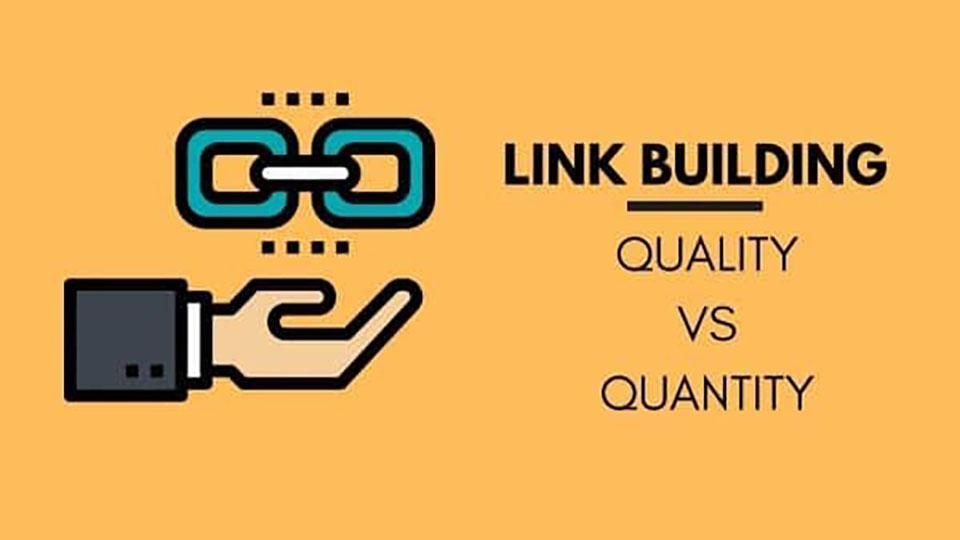Posted on May 23, 2024
one of the most debated topics is the importance of link quality versus link quantity. As search engines continue to evolve, understanding how to strike the right balance between these two aspects can make or break your website’s ranking. In this article, we’ll explore why both quality and quantity matter, how they impact your SEO strategy, and offer practical tips to achieve the perfect balance.
Why Link Quality Matters
1. Trust and Authority
High-quality links from reputable websites signal to search engines that your content is trustworthy and authoritative. These links act as endorsements, indicating that your site provides valuable information.
2. Relevance
Quality links from niche-specific sites are more beneficial than a large number of irrelevant links. They show that your content is relevant to your industry, helping to attract a targeted audience.
3. Longevity
High-quality links tend to be more permanent. Low-quality links, often from spammy sites, are more likely to be removed or devalued by search engines over time.
Why Link Quantity Matters
1. Increased Visibility
Having a larger number of backlinks increases the chances of your site being discovered by search engines. It helps in building a wider link profile, which can enhance your site’s visibility.
2. Traffic Boost
More links mean more potential referral traffic. Even if some links are not from high-authority sites, they can still drive visitors to your site, contributing to your overall traffic.
3. Faster Indexing
Search engines discover new content through links. A higher quantity of links can help your new content get indexed faster, improving your site’s performance in search results.
The Risks of Focusing Solely on Quantity
Relying heavily on link quantity can lead to several issues:
- Spam Penalties: Search engines can penalize sites that engage in manipulative linking practices.
- Low-Quality Traffic: Links from irrelevant or low-quality sites may bring in visitors who quickly leave, increasing your bounce rate.
- Reputation Damage: Association with spammy or low-quality sites can harm your site’s reputation.
The Benefits of Prioritizing Quality
Focusing on quality links offers significant advantages:
- Improved SEO Performance: High-quality links are more likely to improve your search engine rankings.
- Better User Experience: Visitors from reputable sites are more likely to find your content valuable and engaging.
- Sustainable Growth: Quality links contribute to long-term SEO success without the risk of penalties.
Finding the Right Balance
Achieving the perfect balance between link quality and quantity involves strategic planning:
1. Conduct a Link Audit
Regularly review your backlink profile to identify and remove low-quality links. Use tools like Google Search Console to monitor your links.
2. Focus on Content Quality
High-quality content naturally attracts high-quality links. Invest in creating informative, engaging, and original content that others want to link to.
3. Diversify Your Link Sources
Aim for a mix of high-quality and medium-quality links from various sources, such as blogs, news sites, and industry directories.
4. Build Relationships
Network with influencers, bloggers, and industry experts to earn valuable backlinks. Guest posting and collaborations can also enhance your link profile.
5. Monitor and Adjust
Continuously monitor your link-building strategy and adjust as needed. Stay updated with search engine guidelines to ensure your practices remain effective.
Conclusion
Balancing link quality and quantity is crucial for a successful SEO strategy. While quality links provide authority and relevance, a larger quantity of links can enhance visibility and traffic. By focusing on both aspects and adopting best practices, you can build a robust and sustainable link profile that boosts your site’s performance in search results. Remember, the key is to maintain a strategic approach, prioritizing quality without neglecting quantity.

